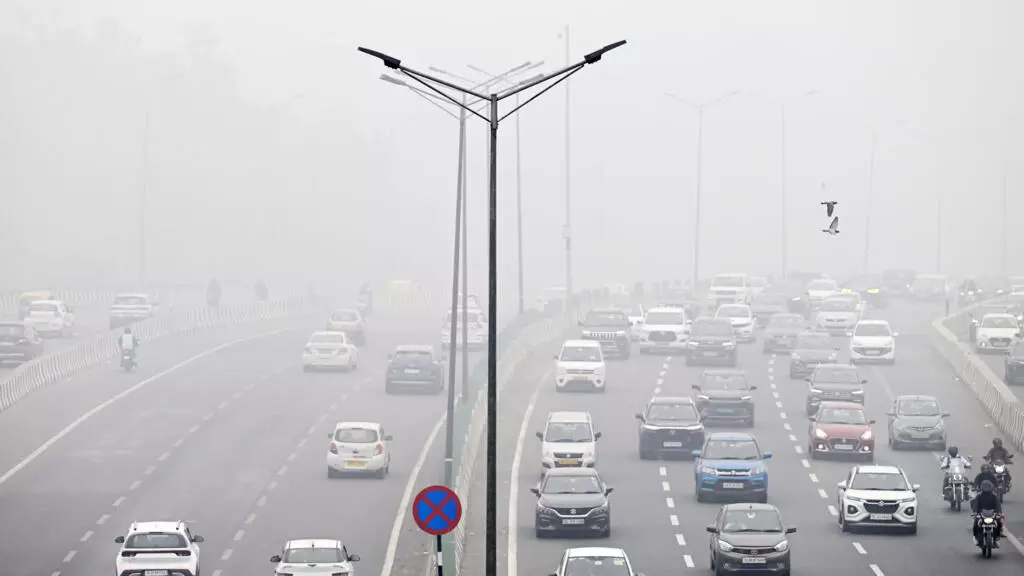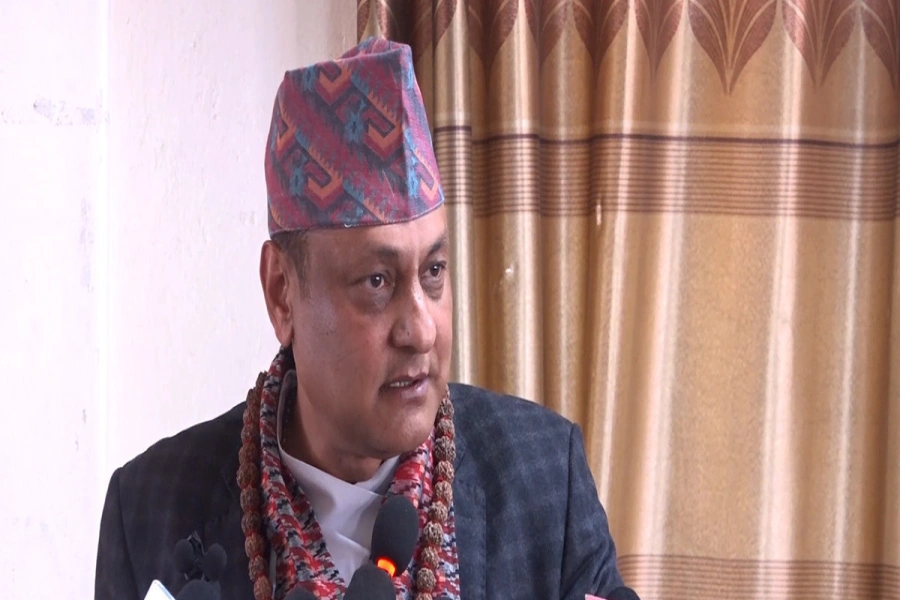The High Court's order for the government to introduce an alert system to caution citizens about toxic air highlights the urgency of addressing the ever-deteriorating air quality crisis in Bangladesh. So far, as with other major public health threats, the government's response has been mostly limited to half-cooked solutions and token gestures that delivered little, if any, respite. As a result, over the last few years, our air, especially in Dhaka, has been repeatedly ranked as among the most polluted in the world. Almost every day comes with the news of our capital rivaling global cities in that regard, and of residents suffering and dying because of it.
Introducing an alert system is the least that the government can do after having failed to do anything about this disturbing reality. Such alerts may come in various forms—from cautionary messaging on TV, social media and via SMS to announcements on streets and in crowded neighborhoods. As for the content of messages, besides describing the severity of the pollution, it should include tips to minimize its impact. People may be advised to stay indoors, limit, change, or postpone outdoor engagements, stay away from local sources of pollution like busy roads or construction sites, wear facemasks, etc. Those who have asthma or other respiratory issues may be advised to take extra precautions. There may also be tips for what should be done in case of health-related emergencies. The government may also consider periodically publishing the names of air pollution hotspots.
DHM sending early SMS alerts to mitigate risks of floods

There is a lot that the government can do to properly inform citizens so that they can take care of themselves to the extent possible. But this only forms a part of its responsibilities. Its main task, of course, is to ensure that there is little pollution to worry about in the first place. But as we have repeatedly seen, its initiatives with regard to the main causes of pollution—smoke from factories and brick kilns, dust from construction sites, fumes from vehicles, unplanned urbanization, disappearing open spaces and greenery, etc—have been frustratingly ineffective. Without resolving these issues, public messaging alone will not make a big difference.
We, therefore, urge all relevant departments of the government to take meaningful actions based on the High Court ruling, which also included making a time-bound action plan to address the threat of air pollution. Citizens want results, and the government must deliver that.
Source: The Daily Star (Bangladesh)




































